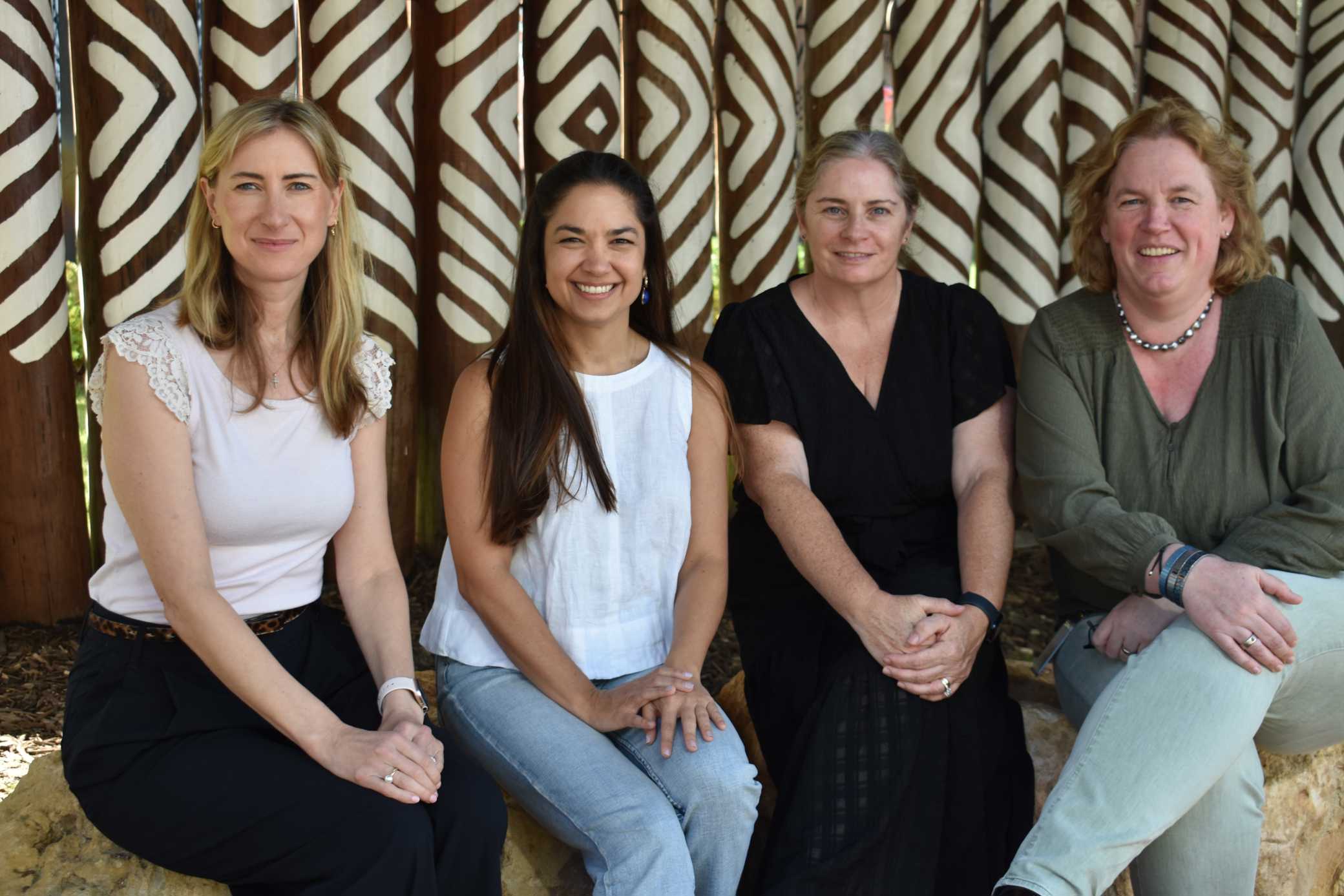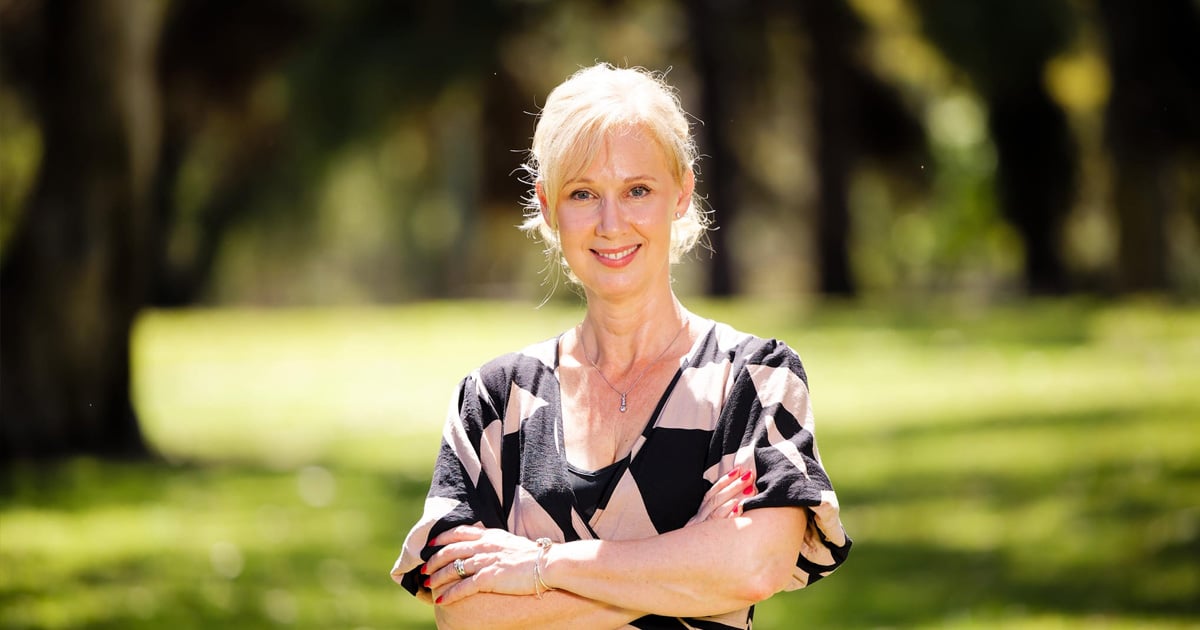Search

News & Events
Families shape future of Down syndrome careA collaborative study between UWA, Perth Children’s Hospital, The Kids and advocacy and support group Down Syndrome WA, has identified the top priorities, according to patients and carers, for clinical care and research for children with the genetic cond

News & Events
WA’s nation-leading immunisation program for babies slashes RSV hospital admissionsAn Australian-first study demonstrating the effectiveness of a new immunisation against respiratory syncytial virus (RSV) for babies found it to be almost 90 per cent effective in reducing hospitalisation rates and helped more than 500 WA families avoid a hospital stay.

News & Events
Major grants fuel child health researchSix researchers from The Kids Research Institute Australia have been awarded $8.9 million in prestigious Investigator Grants from the National Health and Medical Research Council.

News & Events
Celebrating Women in Science: A Conversation with Dr. Jackie Davis - Co-Director, ORIGINSIn honour of International Day of Women and Girls in Science, we celebrate women in STEM and their incredible contributions to the field, aiming to inspire the next generation of female scientists.
Research
Functioning, participation, and quality of life in children with intellectual disability: an observational studyTo investigate associations between functioning, community participation, and quality of life (QoL) and identify whether participation mediates the effects of functioning on QoL.
Research
Cross-sectional study of population-specific streptococcal antibody titres in UgandaAsha Jonathan Bowen Carapetis AM BA MBBS DCH FRACP PhD GAICD FAHMS OAM AM MBBS FRACP FAFPHM PhD FAHMS Head, Healthy Skin and ARF Prevention Executive
Research
Topical versus systemic antibiotics for chronic suppurative otitis mediaChronic suppurative otitis media (CSOM), sometimes referred to as chronic otitis media (COM), is a chronic inflammation and often polymicrobial infection (involving more than one micro-organism) of the middle ear and mastoid cavity, characterised by ear discharge (otorrhoea) through a perforated tympanic membrane. The predominant symptoms of CSOM are ear discharge and hearing loss. Antibiotics are the most common treatment for CSOM, which act to kill or inhibit the growth of micro-organisms that may be responsible for the infection.
Research
RE-AIM evaluation of a teacher-delivered programme to improve the self-regulation of children attending Australian Aboriginal community primary schoolsBenefits in teaching the Alert Program® to students in a region with high reported rates of foetal alcohol spectrum disorder and self-regulation impairment
Research
Maternal Alcohol-Use Disorder and Child OutcomesThe effects of maternal alcohol-use disorder are experienced by the majority of exposed children rather than a vulnerable subgroup of this population
Research
Reviewing the Pathogenic Potential of the Otitis-Associated Bacteria Alloiococcus otitidis and Turicella otitidisThere is insufficient evidence available to determine whether these organisms are pathogens, commensals or contribute indirectly to the pathogenesis of OM
